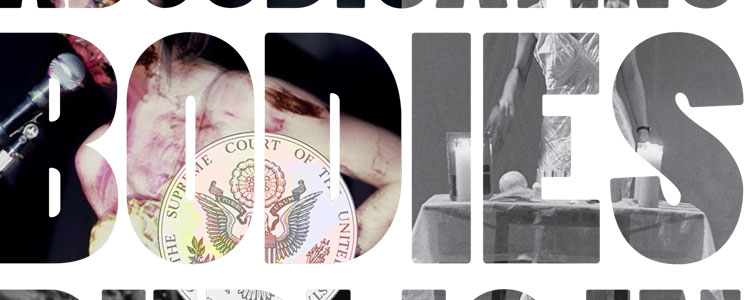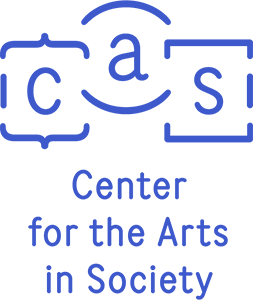Adjudicating Bodies Public in NEA v. Finley

Lisa Freeman, Associate Head & Associate Professor
Department of English, University of Illinois at Chicago
In June 1990, at the height of the Culture Wars of the late 1980s and early 1990s, four queer performance artists—Karen Finley, John Fleck, Holly Hughes, and Tim Miller—were denied NEA grants that had been approved by the agency’s own peer review panels. Amidst the uproar that ensued, the artists filed a lawsuit challenging the newly-wrought “decency and respect” clause regulating NEA grants. So began a controversial case that would eventually be decided by the Supreme Court against the artists and in favor of the NEA. The works of those queer artists were, by turns, celebrated and excoriated as “Exhibit A” in the Culture Wars across the news media, and the scandal was exploited by Christian conservatives to galvanize, cultivate, and consolidate constituencies on the right. The performative rhetorics at play on all sides demonstrate how the abstract pronouncements that comprise Justice O’Connor’s judgment merely marked the culmination of a cultural logic that was and still is deeply influential in the conception of the American body politic. Raising fundamental questions about the regulatory function of what I term the “normative real,” I argue that what was ultimately at stake in O’Connor’s choice of wording was not only the authority to legislate which bodies were sacred and which profane, but also the right to mandate which bodies would have standing to exercise power in and over the body politic of the “American public.”
Thursday, October 31
4:30-5:50 PM
Porter Hall 100
